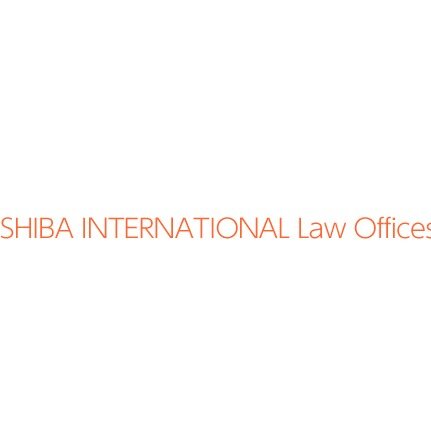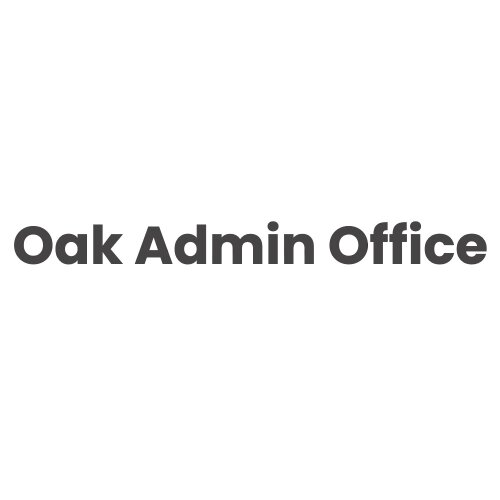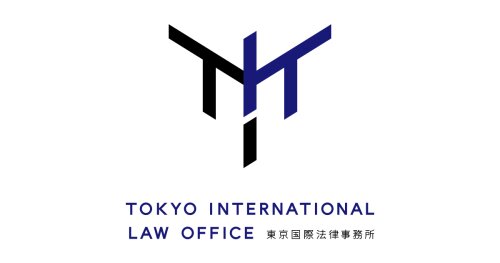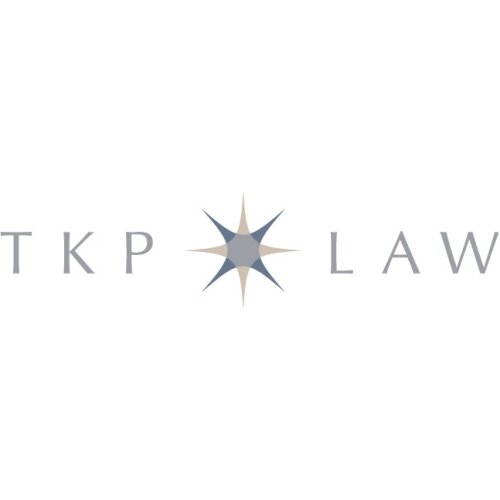Best Mining Law Lawyers in Tokyo
Share your needs with us, get contacted by law firms.
Free. Takes 2 min.
List of the best lawyers in Tokyo, Japan
About Mining Law in Tokyo, Japan
Mining Law in Tokyo, Japan governs the exploration, extraction, and management of mineral resources within the region. Even though Tokyo itself is a highly urbanized area where large-scale mining activities are rare, the legal framework applies to both the broader jurisdiction and stakeholders with interests in minerals, aggregates, or related industries. Mining Law is primarily driven by the national legal framework, particularly the Mining Act of Japan. The law regulates aspects such as the acquisition of mining rights, environmental standards, land use, safety protocols, and dispute resolution. Compliance is essential for both domestic and international companies interested in mineral resource activities.
Why You May Need a Lawyer
Mining Law is complex and involves multiple layers of regulation, including environmental compliance, land rights, licensing, and local ordinances. You may need a lawyer if you are:
- Seeking to obtain exploration or mining rights in Tokyo or the Kanto region
- Dealing with disputes about land use or access for mining or quarrying purposes
- Navigating environmental compliance and necessary permits
- Negotiating with local authorities or communities
- Entering into joint ventures or partnerships with Japanese companies or landowners
- Defending against claims of environmental or regulatory violations
- Assisting with cross-border mineral investments or exports
- Interpreting the impact of the Mining Act or changes to legislation
Legal guidance helps prevent costly mistakes, ensures compliance, and streamlines project approval processes.
Local Laws Overview
The main legal framework for mining in Japan is the Mining Act, which sets out the procedures and requirements for mineral exploration, mining rights, and environmental protection. Key aspects particularly relevant in Tokyo include:
- Licensing and Permits: All mining activities require proper licenses granted by the Ministry of Economy, Trade and Industry (METI). Local permissions might also be necessary, especially if land use in Tokyo is subject to stricter urban planning regulations.
- Environmental Regulations: Mining operations, even for small aggregates or construction materials, must comply with environmental protection standards. This includes Environmental Impact Assessments (EIAs), pollution controls, and waste management regulations.
- Land Use and Zoning: Tokyo’s local ordinances prioritize urban development and may restrict or strictly regulate mining activities. Special permissions may be needed for any excavation work, especially in protected or residential zones.
- Health and Safety: Operators must comply with occupational health and safety regulations relevant to mining and excavation activities.
- Community and Stakeholder Engagement: Companies must communicate and negotiate with local residents and stakeholders, particularly for projects that can affect neighborhoods or infrastructure.
- Dispute Resolution: The Mining Act provides avenues for both administrative and judicial remedies in case of disputes regarding mining rights or land use.
Frequently Asked Questions
What minerals are covered under Japan’s Mining Act?
Japan’s Mining Act covers a wide range of minerals, including metal ores (such as gold, copper, silver), coal, oil and natural gas, and non-metallic minerals. It does not typically cover sand, gravel, or stone used exclusively for construction.
Can foreign companies acquire mining rights in Tokyo?
Yes, foreign companies can acquire mining rights, but they must comply with national security and public interest requirements. Adequate documentation and approval from the relevant authorities, such as METI, are required.
Is environmental clearance mandatory for all mining activities?
Yes, mining activities require environmental clearance. Depending on the scale, an Environmental Impact Assessment and approval from relevant local and national agencies are often necessary.
How long does the permitting process take?
The permitting process varies depending on the scale of the project, mineral type, and impact. It can take from a few months for minor permits to over a year for major projects involving environmental review and public consultations.
Are there specific restrictions on mining in urban areas like Tokyo?
Yes, due to urban density and zoning laws, mining activities in central Tokyo are strictly limited or prohibited. However, small-scale activities, such as excavation for construction, may be permitted with the proper licenses.
How are land rights and surface rights handled?
Mining rights are distinct from surface land rights. An operator must negotiate with landowners and possibly compensate them for access and surface use, even after obtaining mining rights from the government.
What happens if mining activities cause environmental damage?
Operators are liable for environmental damage and may face fines, legal claims, and an obligation to remediate affected areas. Strict regulations exist to prevent and address pollution, habitat destruction, and public nuisance.
Can communities or local residents oppose mining projects?
Yes, local residents and communities have the right to express objections during permitting processes and public consultations. Significant opposition can delay or halt a project, especially if legal or environmental concerns are raised.
What are the penalties for illegal mining?
Penalties for illegal mining in Japan include fines, imprisonment, revocation of mining rights, and mandatory rehabilitation of affected land.
Who oversees and enforces mining regulations in Tokyo?
The Ministry of Economy, Trade and Industry (METI) is the primary regulatory authority. The Tokyo Metropolitan Government and municipal authorities may also enforce local rules, particularly regarding land use, environmental protection, and community safety.
Additional Resources
If you need more information or assistance, consider reaching out to the following:
- Ministry of Economy, Trade and Industry (METI) - Mining Division
- Tokyo Metropolitan Government - Environmental and Urban Planning Departments
- Japan Mining Industry Association
- Japan External Trade Organization (JETRO) for guidance on foreign investment and regulatory compliance
- Local bar associations or legal aid centers specializing in environmental and administrative law
- Academic institutions with resources on mining law and policy
Next Steps
If you are considering legal action or need guidance related to Mining Law in Tokyo, follow these steps:
- Identify the nature of your mining-related issue, including the type of minerals, location, and scope of activities.
- Gather all relevant documentation, such as land titles, permits, contracts, and correspondence with authorities.
- Consult a legal professional experienced in Japanese Mining Law who understands local regulations and industry practice.
- Contact relevant government agencies for clarification on permitting or compliance requirements, if needed.
- Engage with local communities or stakeholders early in the process to address any concerns and establish goodwill.
- Stay proactive about compliance with all environmental, zoning, and health and safety regulations to avoid penalties or legal disputes.
Early and comprehensive legal advice is often critical in smooth navigation of Mining Law matters in Tokyo. Take action promptly to protect your interests and ensure your mining activities are fully compliant with the law.
Lawzana helps you find the best lawyers and law firms in Tokyo through a curated and pre-screened list of qualified legal professionals. Our platform offers rankings and detailed profiles of attorneys and law firms, allowing you to compare based on practice areas, including Mining Law, experience, and client feedback.
Each profile includes a description of the firm's areas of practice, client reviews, team members and partners, year of establishment, spoken languages, office locations, contact information, social media presence, and any published articles or resources. Most firms on our platform speak English and are experienced in both local and international legal matters.
Get a quote from top-rated law firms in Tokyo, Japan — quickly, securely, and without unnecessary hassle.
Disclaimer:
The information provided on this page is for general informational purposes only and does not constitute legal advice. While we strive to ensure the accuracy and relevance of the content, legal information may change over time, and interpretations of the law can vary. You should always consult with a qualified legal professional for advice specific to your situation.
We disclaim all liability for actions taken or not taken based on the content of this page. If you believe any information is incorrect or outdated, please contact us, and we will review and update it where appropriate.
















